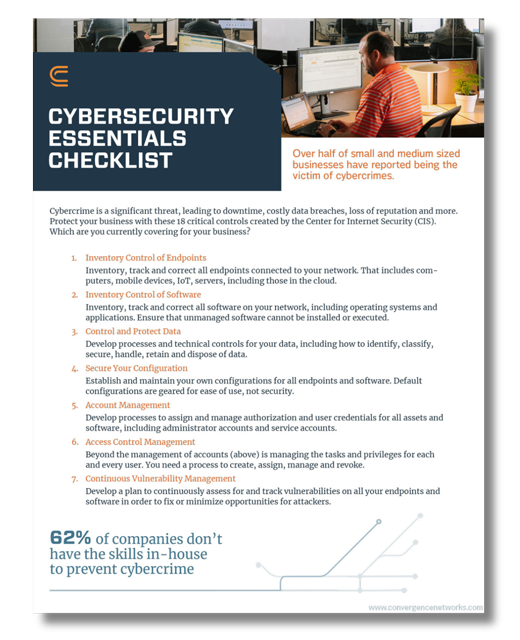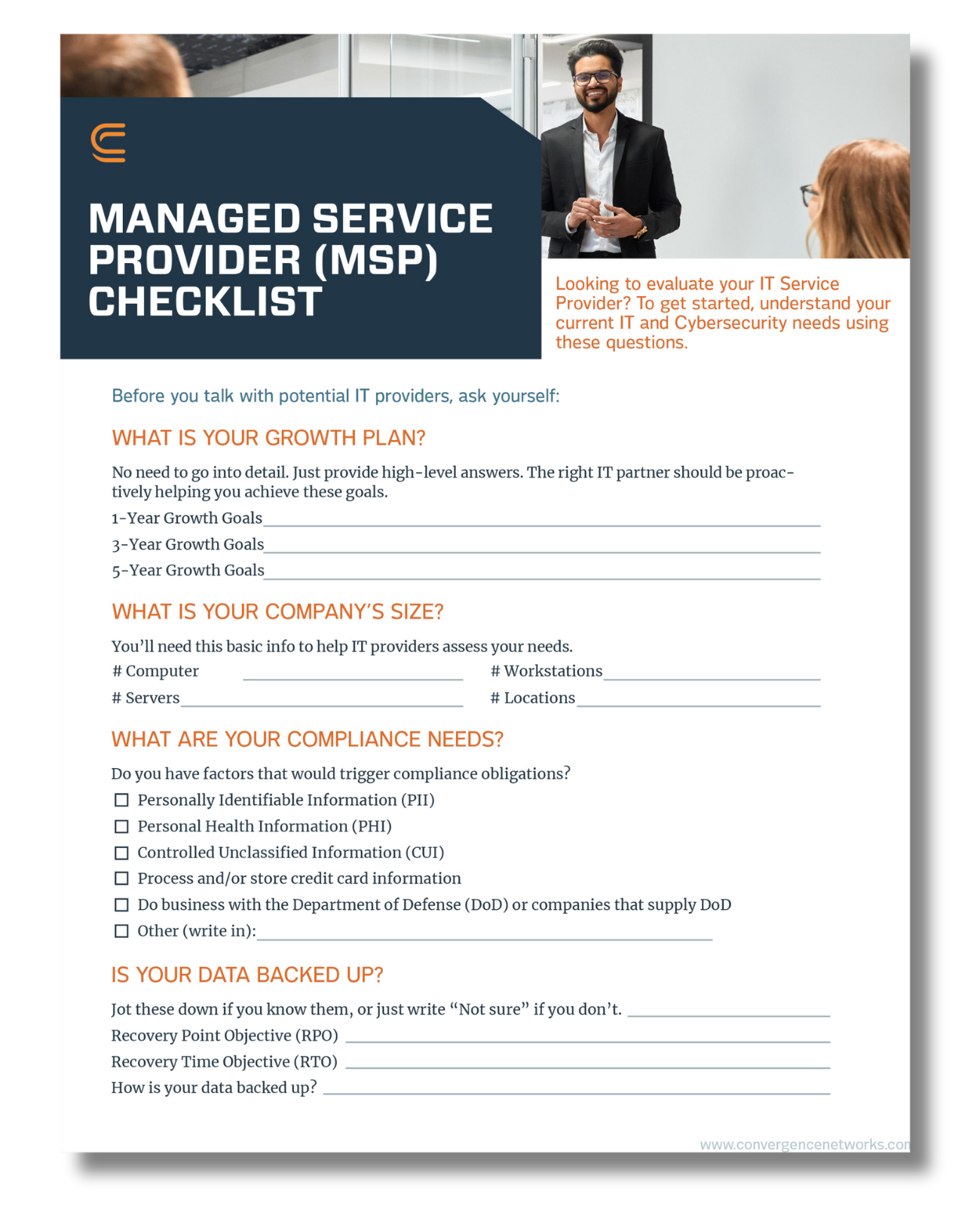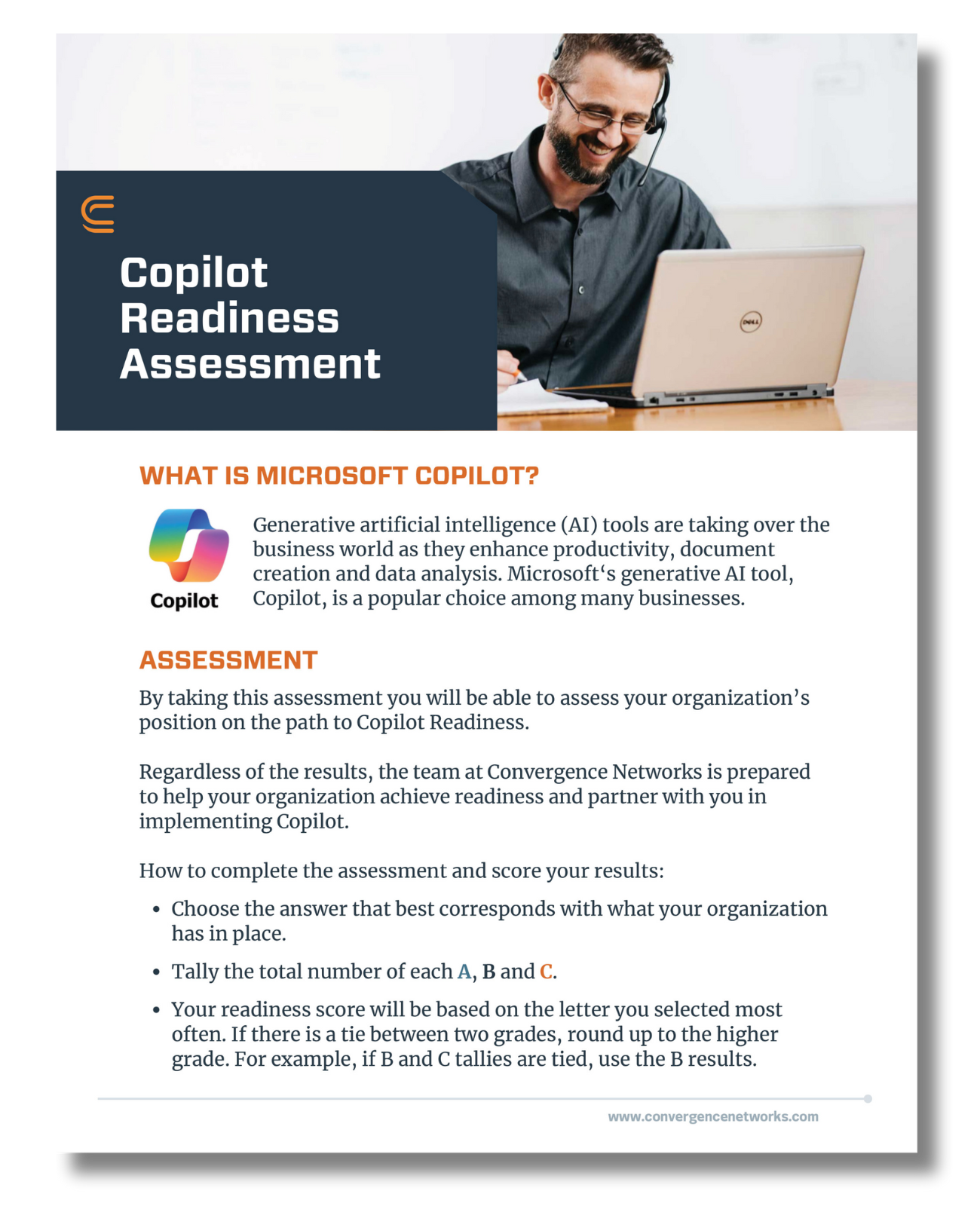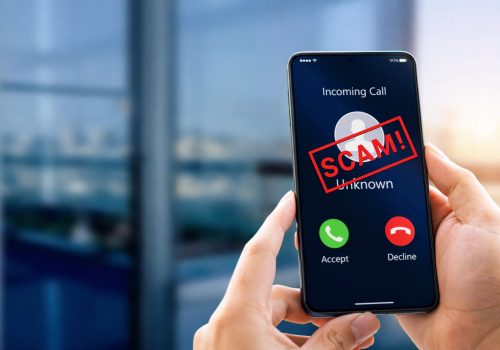Traveling offers incredible opportunities to explore new cultures, witness breathtaking landscapes, and create lasting memories. However, it’s important to remember that international and even local travel can increase the risk of cyber threats. Public Wi-Fi, shared computers, and unknown Bluetooth connections can all put your sensitive information at risk. To ensure a safe and enjoyable trip, prioritizing cybersecurity is crucial.
Here’s a guide to help you protect your digital footprint while traveling. By following these tips, you can enjoy your adventures with peace of mind, knowing your personal and professional information is safe.
Cybersecurity Tips Before You Travel
Before you set off, take some proactive steps to secure your devices and data. Here’s how to get started:
- Update Software and Security Tools: Make sure all your devices are running the latest software and security patches. Outdated software can have vulnerabilities that hackers can exploit.
- Use Multi-Factor Authentication (MFA): Enable MFA on all your online accounts. This adds an extra layer of security by requiring a second form of verification, making it much harder for unauthorized users to gain access.
- Backup Your Data: Create secure backups of important documents, photos, and files. Store these backups in a safe place separate from your travel devices, such as in cloud storage or on an external hard drive.
- Plan Ahead with Secure Mobile Internet: Arrange for mobile data plans that work abroad to minimize the need for public Wi-Fi. Check with your mobile carrier about international plans or travel SIM cards to ensure you have a secure internet connection wherever you go.
- Set Strong Passwords: Protect your devices with strong, unique passwords or passphrases. Avoid using easily guessable information like birthdays or pet names. A password manager can help you create and store complex passwords securely.
- Enable Remote Lock and Wipe: Activate remote lock and wipe features on your devices. These allow you to locate, lock, or erase your devices remotely if they get lost or stolen.
- Download Secure Apps: Research and install reputable travel apps before your trip. Choose apps known for their security features and avoid downloading apps from untrusted sources.
Cybersecurity Tips While You Travel
Once you’re on the move, keep your cybersecurity top of mind with these on-the-go tips:
- Use Public Wi-Fi Wisely: Avoid using public Wi-Fi networks when possible. If you must use them, connect through a Virtual Private Network (VPN) to encrypt your data. Also, turn off Wi-Fi and Bluetooth when you’re not using them to prevent unauthorized connections.
- Beware of Public Charging Stations: Public charging stations can be tampered with to install malware on your device. Use your own charger and power bank instead.
- Be Cautious on Social Media: Be careful about sharing your real-time location or too many travel details online. This can make you a target for thieves who know you’re away from home.
- Avoid Unknown USB Devices: Don’t plug unknown USB devices into your laptop or tablet. They might contain malware designed to steal your data.
- Avoid using Shared or Public Computers: Be cautious when using shared or public computers. Avoid the “remember me” feature when logging into your accounts and always log out when you’re done. Assume that any information you enter could be seen by someone else.
- Keep Devices with You: Try to always keep your devices with you. Avoid leaving them unattended in public places or even in your hotel room. When not in use, store them in a secure location like a hotel safe.
- Use Locking Features: Make use of built-in locking mechanisms like PINs, passwords, or fingerprint authentication to protect your devices from unauthorized access.
- Be Aware of Phishing Scams: Travelers are often targeted by phishing scams, which attempt to trick you into revealing personal information through fake emails, messages, or websites. Not sure how to detect a phishing email? Learn more about it here.
Know the Local Laws
Different countries have different rules and regulations regarding technology use. Here’s what you need to know:
- Research Digital Laws: Before traveling, check the digital regulations of your destination country. Some countries have specific laws about technology use that you need to be aware of.
- Manage Sensitive Data: Be mindful of the type of data you carry. In some places, certain types of information or encryption software might be illegal. Consider minimizing the amount of sensitive information on your devices when traveling internationally.
Conditional Access Policy: Geographic Restrictions for Travelers
When traveling, it’s essential to implement a Conditional Access Policy that includes geographic restrictions. This ensures that access to your organization’s network and resources is limited based on location. By setting up these restrictions, you can prevent unauthorized access attempts from unexpected regions, adding an extra layer of security while you’re away from your usual locations. If your login attempts are flagged from unfamiliar areas, access can be automatically denied, or additional verification steps can be required. This approach helps protect your sensitive data and keeps your digital environment secure, even as you explore the world.
Travel with Confidence
By following these cybersecurity tips, you can confidently embark on your travels, knowing your digital information is secure. Reach out to your IT team at Convergence Networks if you have doubts about whether your device has been compromised.
The best way to stay safe from an attack is to be prepared! Prepare your team for potential data breaches and phishing attacks with a vulnerability scan or a real-life simulation through a Phishing Test. Our phishing simulation projects are designed to be a point-in-time evaluation of your team’s cybersecurity awareness and help you identify what risk levels are present. Using mock phishing emails, we will test your employees to help them understand the different forms of attack methods. Through these tests, users learn to identify phishing attempts and ultimately to reduce cyber risk.
If you are ready to take proactive steps to protect your organization against cyber-attacks and phishing emails, contact us or speak to your Convergence Networks representative to book a Phishing Test.
Stay safe and happy travels!














